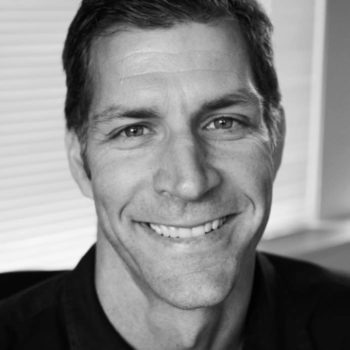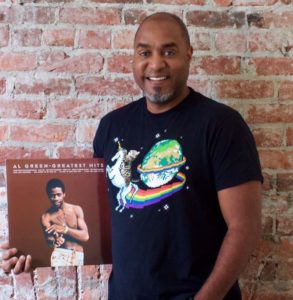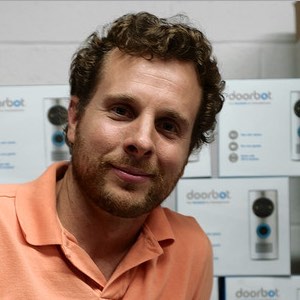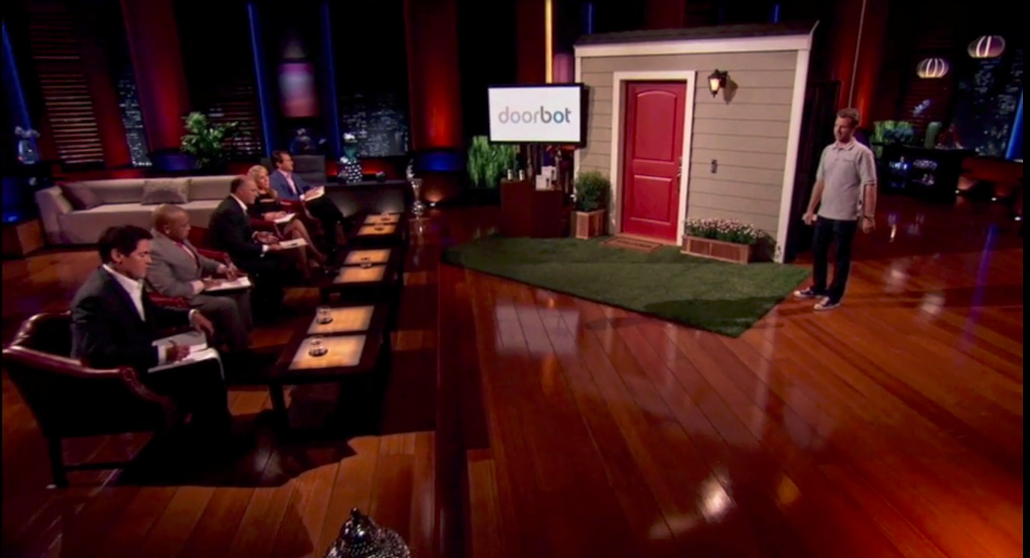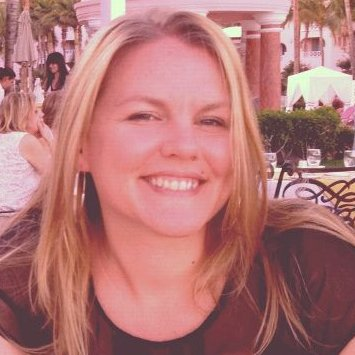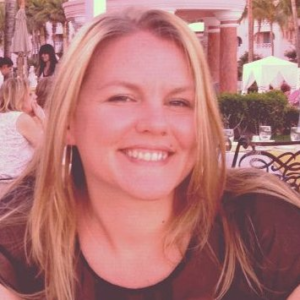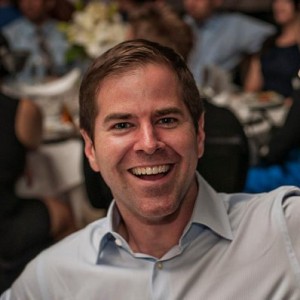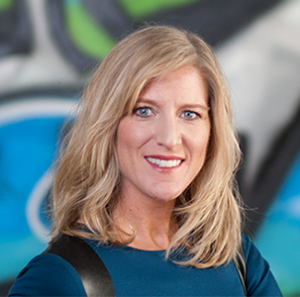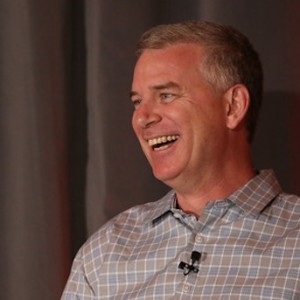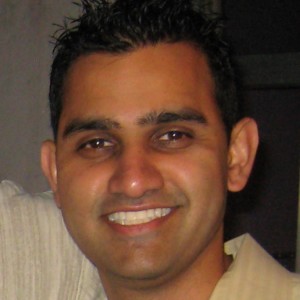If you’re competing with T.A. McCann in the startup world, know that he’s raced around the world in boats, in horrible conditions, and has probably surrounded himself with people who, like him, will not complain because they enjoy the grind — after they’ve been strategic and have arrived at the race with the tools to win.
Which he’s done. A lot.
T.A. was the Founder and CEO of Gist, which he sold to Research in Motion in 2011. He’s also a relentless contributor to the Seattle startup scene, whether as part of TechStars or Startup Weekend, as an Angel investor or now as an Entrepreneur in Residence at Providence.
It’s fun to talk about sailing as a metaphor for the startup life. The parallels are clear, and being a member of an Americas Cup crew, and working with Larry Ellison so closely, is such rarified experience that it’s worth covering a bit, which we do.
Outside of sailing, we cover a lot of ground, including his investment theses (data, mobile, and being attracted to things he himself would find useful); how to get healthcare tech into the hands of populations that need it but maybe can’t acquire or use it easily (old or poor or both); whether the insurance industry would completely subsidize the distribution of smart devices, say, if it led to better outcomes; whether the AI Doctor is more of a stand alone “entity” or whether it’ll mostly augment.
Here’s a clip of T.A., talking about the types of people and ideas he’s looking to meet and potentially invest in or collaborate with:
[soundcloud url=”https://api.soundcloud.com/tracks/305177622″ params=”auto_play=false&hide_related=true&show_comments=false&show_user=false&show_reposts=false&visual=true” width=”100%” height=”100″ iframe=”true” /]
Have a listen!
Podcast: Play in new window | Download
Subscribe on your smartphone: Apple Podcasts | Android | RSS | More Options
